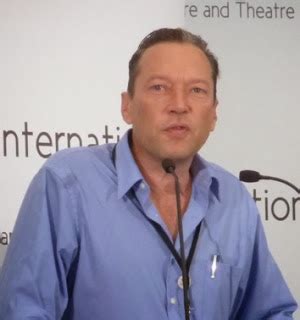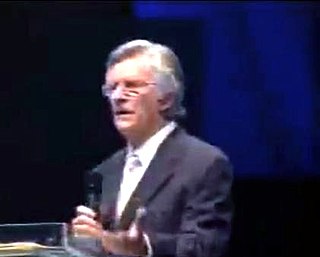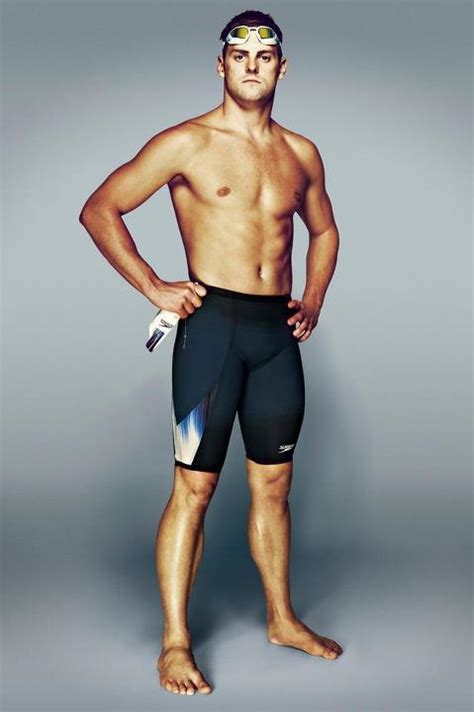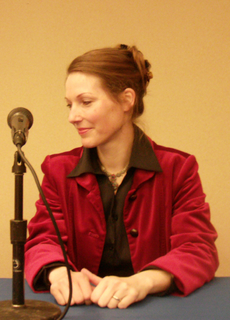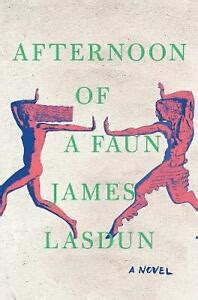A Quote by Scott Anderson
The peculiarities of my childhood, of constantly moving through so many different cultures, of always being the outsider, may have made me extraordinarily self-sufficient, but it had also bred a certain detachment, a sense that the world was a place to explore rather than truly inhabit. This manifested as a kind of shyness, even timidity.
Quote Topics
Related Quotes
We may think that justice is everyone being equal, having the same rights, sharing the same kind of advantages, but maybe we have not had the chance to look at the nature of justice in terms of no-self. That kind of justice is based on the idea of self, but it may be very interesting to explore justice in terms of no-self.
I think that America is an ideal place for the privileged homeless, who are used to different cultures. It's easiest and most accommodating because it is a country of exiles and immigrants and newcomers. There are no walls, in that sense. There is always the sense that traditions are being made as we speak. So you can slot yourself in. If you are living at a distance in society, this is one of the most congenial societies to live in.
There was the usual dreaminess, I suppose. Also a shyness that caused me - and others - to notice that I could express myself better by writing than by speaking. This is typical of many writers, I think. What is a drawback in childhood is an asset to a literary life. Not being fluent on one’s feet sends one to the page and a habit is born.
When we enter the landscape to learn something, we are obligated, I think, to pay attention rather than constantly to pose questions. To approach the land as we would a person, by opening an intelligent conversation. And to stay in one place, to make of that one, long observation a fully dilated experience. We will always be rewarded if we give the land credit for more than we imagine, and if we imagine it as being more complex even than language. In these ways we begin, I think, to find a home, to sense how to fit a place.
Swimming has given me a lot. It's given me a respect for people and different cultures around the world when I've been competing abroad. I've learnt many life skills and met so many friends around the world that I might not have had otherwise. I'm focused and driven and I guess swimming has made me that way.
I think different societies, cultures, individuals, teams of people, make the world a better place. The founding fathers, they made New England, they made those 13 colonies. I don't know if they thought they were changing the world or just changing their world, but they did make the world a better place. Doctors that cure patients or cure diseases or make discoveries, they're making the world a better place. Can I make the world a better place by selling underpants? Not really. That's just the means. That gives me resources to try to make the world a better place.
Was I insane? Maybe. But then, there were many different kinds of insanity. Aunt Rose had always taken for granted that the whole world was in a state of constantly fluctuating madness, and that a neurosis was not an illness, but a fact of life, like pimples. Some have more, some have less, but only truly abnormal people have none at all. This commonsense philosophy had consoled me many times before, and it did now, too.
America as a setting seems inexhaustibly fascinating to me, and I think there's something about the outsider viewpoint that works for me. Being of Jewish descent in England always carried a vague sense of being foreign, while not being a practicing Jew made it hard to think of myself as fully Jewish either. So living here in a way just clarifies that terminal outsider position - makes it somehow official, which I like.
